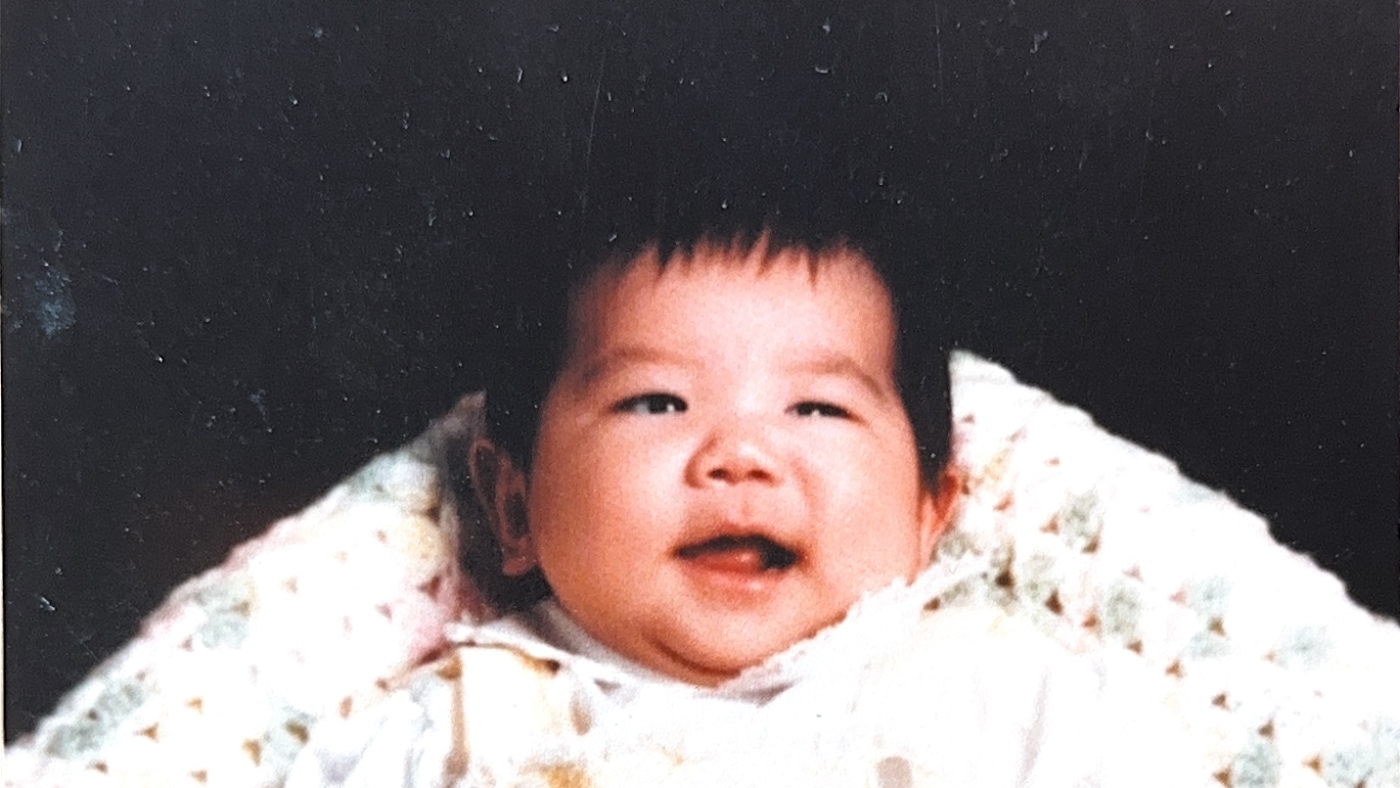A learned she wasn’t a U.S. citizen while applying for her passport, a document she thought she’d always have no problem getting. She had been adopted from South Korea but later discovered that her adoptive parents never finalized her naturalization process. This revelation hit her hard, as it meant she wasn’t eligible for college financial aid and could even face deportation to a country she doesn’t know.
“I just sensed there was something wrong and it seemed frightening,” A shared, using only her last initial out of fear. Adoption might seem to guarantee a child’s security and citizenship, but for some, like A, that’s not the case.
### The Complexity of Citizenship for Adoptees
Adoptees who lack citizenship often go unnoticed until they try to obtain passports or IDs. According to Arissa Oh, a history professor and expert in international adoptions, many adoptive parents mistakenly believe that the process automatically grants citizenship. “Often, they did not realize that naturalization was distinct from the adoption process,” she explained.
Statistics show that over 60% of international adoptees reported being unaware of their citizenship status until adulthood. This lack of knowledge can lead to dire consequences: many adoptees find themselves at risk of deportation, unable to access benefits that are typically available to citizens.
In 2000, Congress passed the Child Citizenship Act, which granted automatic citizenship to some international adoptees. However, this Act had limitations. It didn’t apply to those who didn’t adopt by a specific time frame or were brought to the U.S. under the wrong visa. As a result, advocates have continued to push for legislative changes to close these gaps. Efforts to create a more inclusive law have met resistance, particularly due to the complexities of immigration reform in Congress.
### Real-Life Implications
For adoptees like A, the implications are profound. She now faces challenges in daily life, including missing flights and losing eligibility for government benefits. Joy Alessi, a Korean adoptee who didn’t receive her citizenship until she was 52, emphasizes the unfairness of the system. “We didn’t choose our circumstances, yet we face consequences,” she said.
As A navigates her path toward citizenship, she’s not alone. Many adoptees share their stories on platforms like Facebook, helping each other find legal representation and support. Gregory Luce, an attorney who represents adoptees, reflects on the emotional toll this situation takes on individuals. “It’s incredibly frustrating if not insane and ultimately dangerous for intercountry adopted people when they cannot get basic documents to prove they are lawfully in the United States,” he pointed out.
### The Broader Context
Recent investigations have revealed that, historically, many adoptions, especially from South Korea, involved irregularities. South Korean agencies sometimes failed to vet prospective adoptive parents properly, leading to fraudulent practices that left many adoptees without legal status.
The recent attention to these issues has sparked discussions on social media, where users share their experiences and advocate for change. Hashtags like #AdopteeRights and #CitizenshipNow have emerged, bringing more visibility to this often-overlooked problem.
### Looking Forward
While A waits for the paperwork that may eventually allow her to apply for a green card, she remains hopeful. Her marriage to a U.S. citizen provides a potential pathway to citizenship, but the fear of the current political climate adds an additional layer of stress.
As more people learn about the challenges faced by adoptees without citizenship, advocacy efforts may gain momentum. The situation highlights a critical issue: the need for laws that protect all children, regardless of their backgrounds. A reflected on her journey, noting, “I’ve worked very hard to build the life I have now. It’s frustrating to feel this uncertainty looming over me.”
For adoptees, the struggle for recognition and rights continues to be a significant battle, echoing broader themes of identity, belonging, and the pursuit of justice.
Source link










